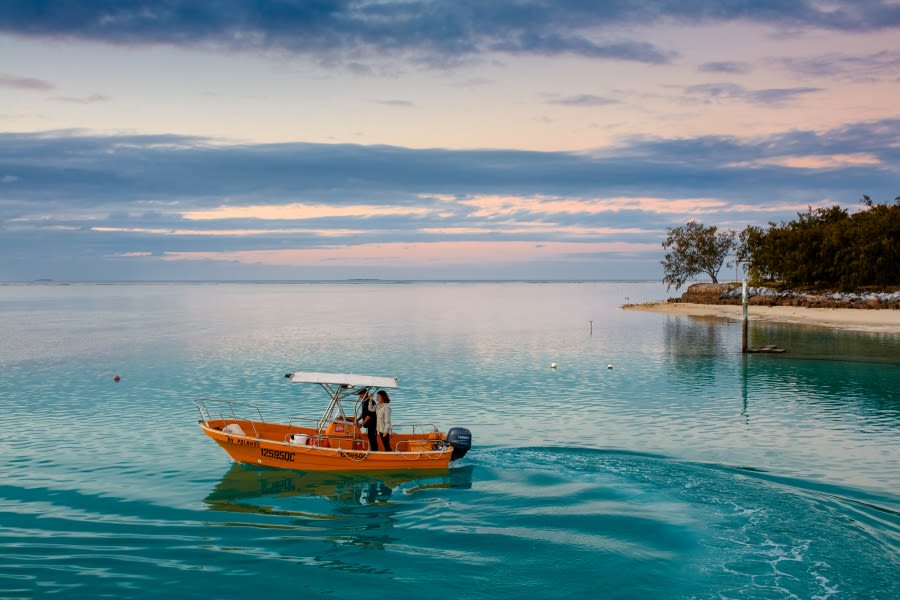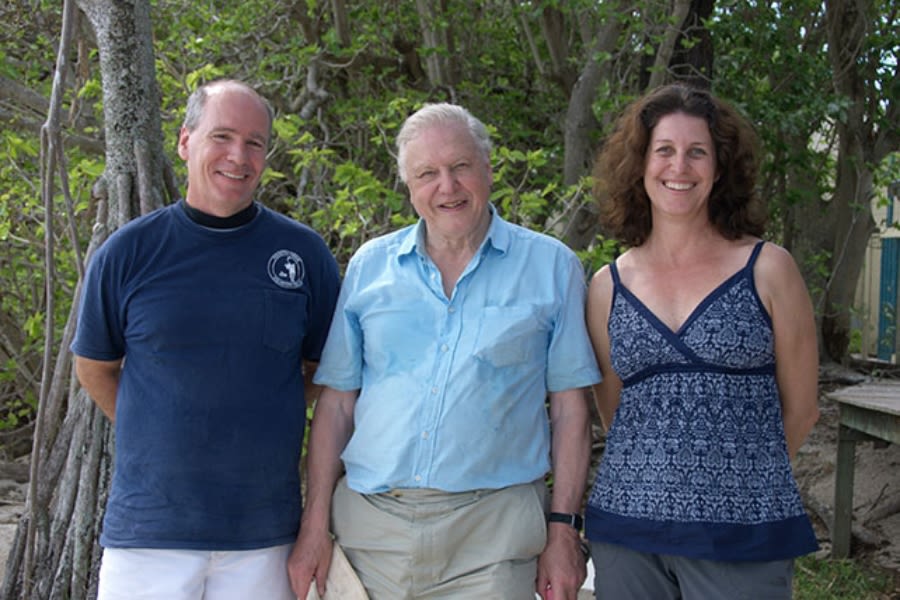
Professors Sandie and Bernie Degnan from The University of Queensland have been uncovering the ancient secrets of life, focusing in the last two decades on a seemingly simple organism – the sponge.
Their groundbreaking research, which combines genomic, molecular, and cellular techniques, has revealed that sponges hold the keys to understanding the origins of complex animal life, including humans.
Using sponges as a window into a 700-million-year-old past, they have challenged the prevailing belief that animal complexity, such as the immune system and multicellular regulation, evolved relatively late.
“We’ve shown that sponges have many biological features present in complex animals,” Sandie said.
“This tells us our distant ancestor was already remarkably complex, with a beneficial microbiome and a sophisticated immune system.”
The Degnans’ pioneering work, including a genome project that was the first of its kind in the country, has been funded by Australia’s ARC, with important contributions from the US Department of Energy Joint Genome Institute and Gordon and Betty Moore Foundation.
Their findings have reshaped evolutionary biology textbooks.

“We now know that the regulatory genes essential for health and disease in humans, including those involved in cancer, were operating in our sponge-like ancestor,” Bernie said.
“These insights suggest the innate immune system may have originally evolved to maintain beneficial bacteria rather than combat pathogens.”
Their research has also explored the intricate interaction between sponges and their microbial partners.
Using advanced “omics” technologies and state-of-the-art microscopy, they have shown that microbial symbionts adapt their gene expression to support their sponge hosts through different life stages.
“This intimate relationship could hold clues for climate adaptation,” Bernie said.
“Microbial symbionts may adapt more quickly to environmental changes, potentially helping their hosts survive in a rapidly changing world.”
Day-to-day, the Degnans’ lab is a hub of wet-lab experiments and bioinformatics.
From dissecting sponges to studying their microbiomes under microscopes, their work spans Heron Island field trips to computational modelling.
“We aim to recreate natural conditions as closely as possible to understand how environmental signals regulate the animal life cycle,” Sandie said.

Their contributions extend beyond academic journals, with the Degnans being featured in Sir David Attenborough’s Emmy-winning series First Life, bringing their discoveries to a global audience.
But for them, the most fulfilling part of their careers has been mentoring over 150 students and postdocs and the 1000s of undergraduates they have taught.
“Our legacy lies in the students we’ve inspired to think deeply about the biological world and pursue lifelong learning,” said Sandie.
“As we approach retirement, we hope our research will continue to illuminate the intricate connections between life’s earliest forms and today’s complex organisms.
“From understanding cancer mechanisms to potential conservation strategies, we hope our work provides a foundation for future discoveries.
“It’s been an honour to contribute to this great chain of exploration, and we hope our efforts have sparked curiosity and a sense of wonder in those who will carry the torch forward.”



